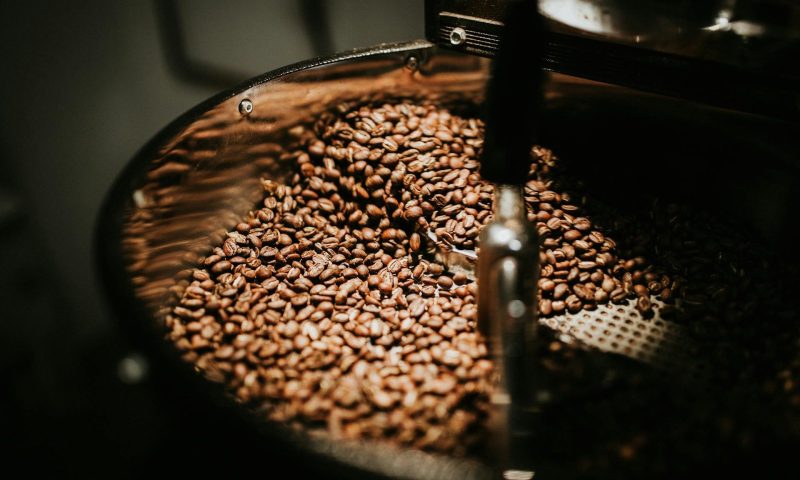A soothing, warm cup of coffee puts a pep in your step and helps many of us get through the mornings. Being British-born, I have to say I’m partial to a nice cup of PG Tips or Earl Grey tea, but I do love the potent, enriching scent of fresh coffee. Interestingly, researchers have found that drinking coffee could even lower your risk of chronic disease, so it’s more than just a flavorful pick-me-up.
The researchers revealed that coffee consumption could help prevent liver disease and type 2 diabetes. In another study, researchers wanted to assess how caffeine impacts morning and evening workout performance, endurance, and more.
The study

In research published in the European Journal of Applied Physiology, male lifters were assessed in four different conditions:
- Morning 9 am workout with caffeine (3mg of caffeine per kilogram of body weight).
- Morning 9 am workout with a placebo.
- Evening 6 pm workout with caffeine (3mg of caffeine per kilogram of body weight).
- Evening 6 pm workout with a placebo.
In this study, each lifter experienced all four of these conditions. They consumed the placebo or the caffeine one hour before working out.
The results

Here’s the study conclusion:
- Caffeine enhanced power, muscle strength, and endurance during both morning and evening workouts. This effect was more pronounced across more of these markers in the morning.
- The researchers reported that the caffeine seemed to provide a morning boost, and it’s probably better to swig that cup of joe in the earlier hours.
Concluding thoughts

This is a small study, and more research is needed to come to clearer conclusions. Interestingly, when it comes to weightlifting at least, caffeine is effective for boosting workout performance, endurance, and muscle strength in both the morning and the evening; however, you might notice more of a boost in the morning as the caffeine combats that negative slope that usually happens earlier in the day.
Some people don’t like having caffeine too late in the day because they feel it interferes with their sleep, which could, in turn, interfere with their workout performance. You might need to try it for yourself to see what works best for you.




